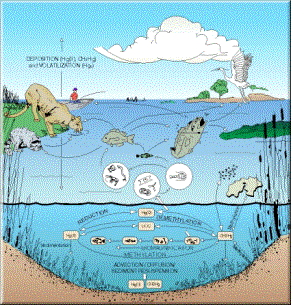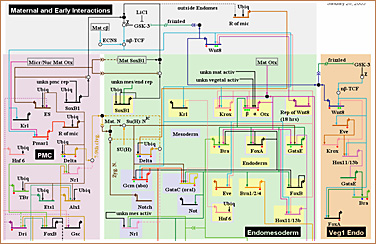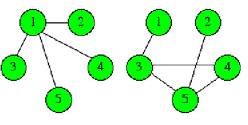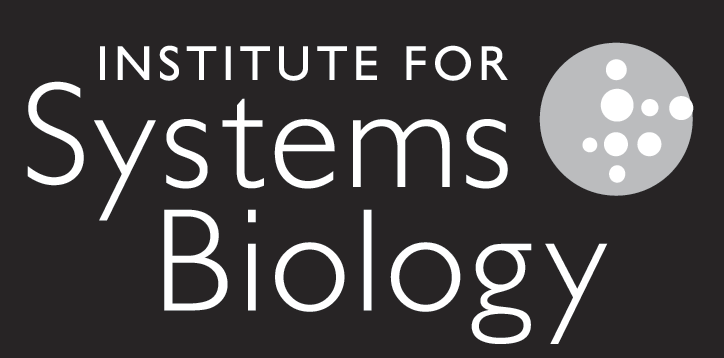|
| About ISB |
| Systems Biology |
| Labs Completed |
| About the Interns |
| Past Interns |
| Halo Group |
| Bacteriorhodopsin |
| Funky Fremont |
| Educators |
In the field of traditional biology, scientists investigate lone characteristics or components of organisms, such as single proteins or genes. However, this conventional approach to biology limits biological advances. Thus, the progressive systems approach to biology allows scientists to study the integrated and interacting network of genes, proteins, and biochemical reactions that produce life. The individual components are viewed not in isolation, but as elements of the entire system. This practice promises to illuminate human functions. The 21st century is an exciting time to study biology, because the Human Genome Project has provided scientists with a complete genetics “catalog.” Further, scientists better understand the biological form and function of genes and their resulting proteins, making |
 |
|
the sequenced human genome even more valuable. This new knowledge caused the systems study of biology to emerge. Further, with the Internet accessible to all, scientists across the globe may access comprehensive databases at the stroke of a finger. |
||
A simple analogy illustrates the logic of systems biology. If one studied an automobile by focusing on individual components such as the radiator, the brakes, and the oil filter, a comprehensive understanding of how the vehicle operated would prove elusive. Further, if the automobile broke, repair would be impossible. Following the same reasoning, the conventional methodology of |
||
 |
biology provides only a narrow understanding of how the human body operates, and consequently a narrow understanding of how to predict, prevent, or remedy potential health problems. A systems approach to biology holds promise, because genes and proteins do not operate in isolation. Systems biology seeks to classify these constant interactions. Proponents of systems biology assert an understanding of this network of interactions will result in an understanding of life. An interaction |
|
network is defined as “the individual function and collective interaction of genes, proteins and other components in an organism.” Understanding the impact both genes and environmental factors have on an organism is essential to form a systems understanding of the organism. |
||
Although systems biology is a relatively new method of studying life, distinguished scientists have already expressed approval. According to David Baltimore, Nobel Laureate and President of the California Institute of Technology, “Organisms function in an integrated manner—our senses, our muscles, our metabolism |
 |
|
and our minds work together seamlessly. But biologist have historically studied organisms part by part and celebrated the modern ability to study them molecule by molecule, gene by gene. ISB is devoted to a new science, a critical science of the future that seeks to understand the integration of the pieces to form biological systems.” Broader in scope than conventional biology research, systems biology hopes to revolutionize understanding of the network of genes, proteins, and biochemical reactions functioning within organisms. (--MD) |
||
 |
WWW 2006 Intern Site |
